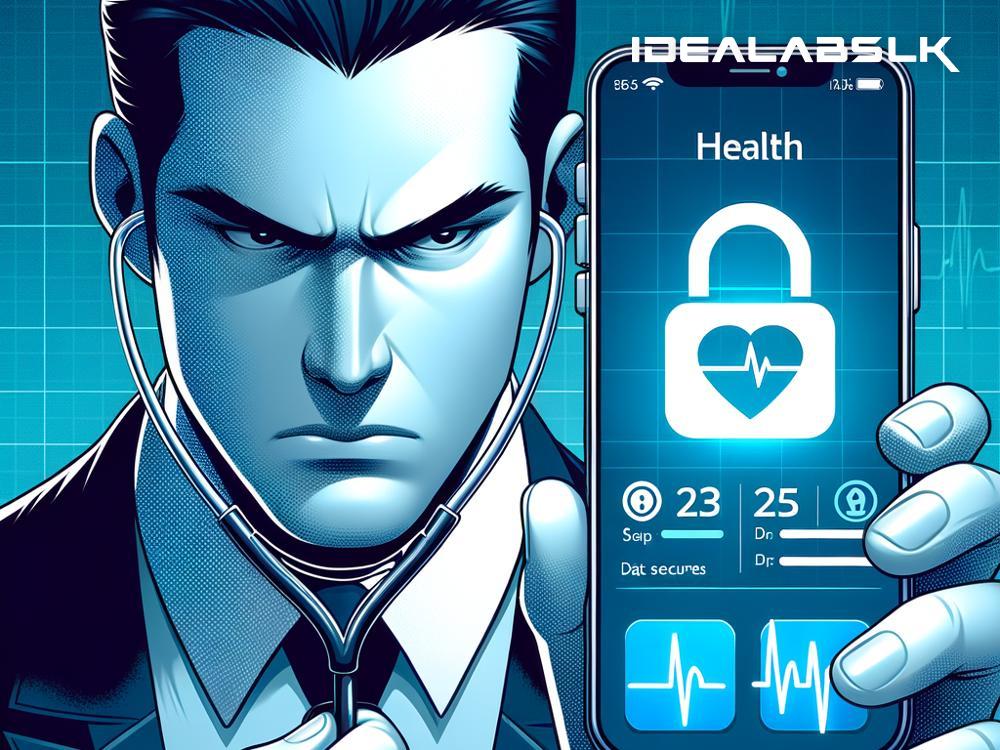How to Safely Use Health Apps: Tips for Protecting Your Personal Health Information
In the digital era, health apps have become incredibly popular for monitoring fitness, tracking calories, managing chronic conditions, and even consulting with healthcare professionals virtually. While these tools offer convenience and personalized insights into our health, they also raise important questions about the safety of our personal health information (PHI). With cyber threats on the rise, it’s crucial to know how to protect your PHI while still benefiting from these innovative health solutions. Here are some straightforward tips for safeguarding your personal health data when using health apps.
1. Choose Your Apps Wisely
Start by selecting reputable apps. Check the reviews and ratings on the App Store or Google Play and read up on the company that developed the app. Look for any red flags, such as a history of data breaches or negative feedback regarding privacy concerns. Opting for well-known and widely trusted apps is often a safer bet.
2. Read the Fine Print
Before clicking "agree" on those terms and conditions, take a moment to actually read through them, focusing on the privacy policy. It might seem tedious, but understanding what data the app collects, how it's used, and who it's shared with is crucial. If the policy is vague or states that your data may be shared with third parties without your explicit consent, consider it a red flag.
3. Use Strong Passwords
Protect your app accounts with strong, unique passwords. Avoid common passwords like "123456" or "password." Instead, use a mix of letters, numbers, and symbols. It's also wise to update your passwords regularly and never reuse them across different apps or services.
4. Be Skeptical About Sharing Personal Information
Be cautious about the amount of personal information you share. Ask yourself if the app really needs to know certain details about you to function properly. If an app asks for too much personal information, such as your Social Security number or financial information, without a clear reason, it could be a sign to steer clear.
5. Limit App Permissions
When you install a health app, it may ask for various permissions, like access to your camera, contacts, or location. Think carefully about whether the app genuinely needs access to these functions to work effectively. For instance, a fitness tracking app might need your location to record your runs but doesn’t need access to your contacts. Adjust the app permissions accordingly in your device settings.
6. Use Two-Factor Authentication
Whenever possible, enable two-factor authentication (2FA) for an added layer of security. This typically involves receiving a code via text message or email, or using an authenticator app to confirm your identity when logging in. Though it adds an extra step, 2FA significantly enhances the security of your account.
7. Keep the App Updated
Developers regularly update apps to fix bugs and security vulnerabilities. Therefore, it’s important to install updates promptly. Outdated apps may lack the latest security enhancements, making them easy targets for cybercriminals.
8. Be Aware of Free Wi-Fi Risks
Using free Wi-Fi networks to access health apps might be tempting, but it comes with risks. Unsecured public Wi-Fi can make it easier for hackers to intercept your data. If you need to use a health app while out and about, consider using your phone’s cellular data instead, or use a Virtual Private Network (VPN) for a secure connection.
9. Know Your Rights
Familiarize yourself with your rights regarding your health information. In many places, regulations protect your PHI, giving you the right to know how your data is used and shared. In the event of a data breach, companies are often required to notify you. Understanding your rights can help you advocate for yourself and take action if necessary.
10. Listen to Your Gut
Finally, trust your instincts. If something about a health app doesn’t feel right, it’s better to err on the side of caution. With so many apps available, there are plenty of alternatives to choose from.
Protecting your personal health information while using health apps doesn’t have to be complicated. By following these simple tips, you can take advantage of technology’s benefits without compromising your privacy and security. Remember, the goal is to support your health and well-being in a way that feels safe and secure for you.

